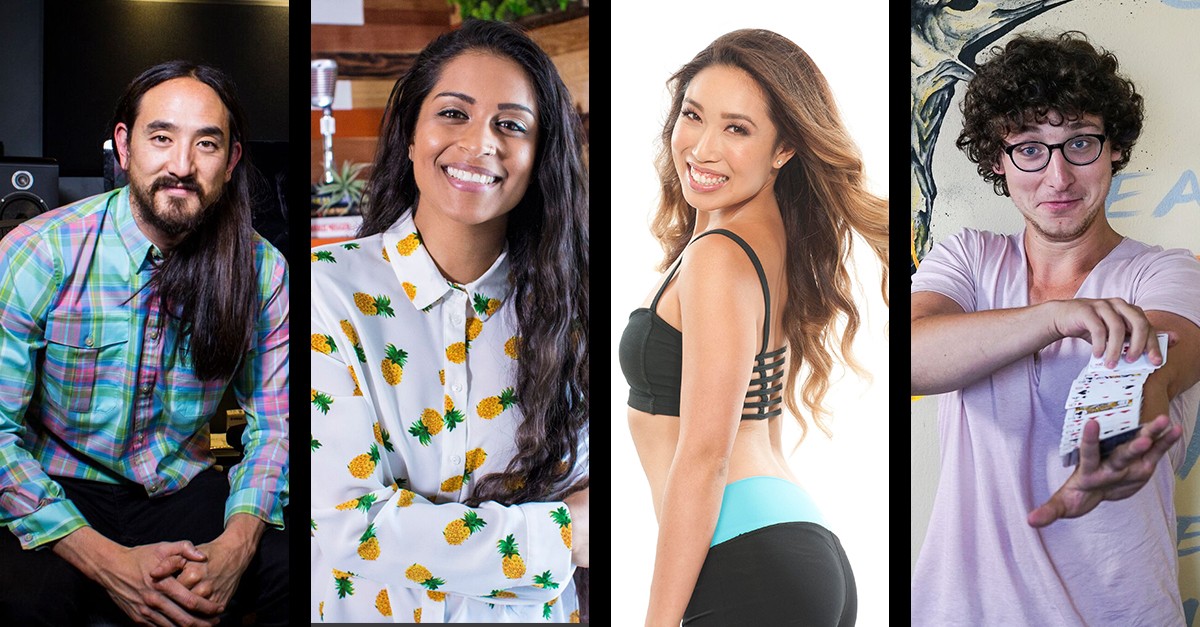Do you have dreams you want to have come true? Of course you do. We all do.
The hardest thing is to start taking action. But ultimately, your dreams will only become a reality if you start taking those first steps.
In life, it’s never too early or too late to get going – but you need to get going. Also, understand that your dreams will change.
When I was a kid, I didn’t dream of being a podcast host or having my own Facebook Watch show. I dreamed of being a football player.
As I got older, and injuries kept me from playing pro ball, my dreams changed and I found my true calling.
Even though I still love sports (both watching and playing) I can’t imagine my life any other way. I look forward to sitting down in front of a microphone and helping you, and other people like you, who also want to achieve greatness.
To discuss more about making your dreams become a reality, I brought you another mashup from masters like Steve Aoki, Lilly Singh, Cassey Ho and Julius Dein.
They give some powerful insights into how they make their dreams come true. I put a lot of thought into this, and wanted to make sure you heard from a wide variety of fields.
We have wisdom from an amazing musician/DJ, a comedian/YouTuber, a health fitness guru, and a world class magician.
On this episode of The School of Greatness, they break down their steps to achieving their dreams. They talk about the struggles, and steps they took to get to where they are today.
Be ready on this one, and get keep a pen handy. I know you’ll get a lot of information out of this one that you can apply to any industry.
This is powerful stuff guys.
Get ready to hear what it really takes to make dreams come true, on Episode 683.
In this episode, you will learn:
- How Steve made his decisions when he was younger (7:15)
- Ways you can find your culture (9:27)
- Where true value lies (11:57)
- Why you need to fill your own void (14:08)
- The power of YouTube (15:44)
- The importance of being a hustler (17:18)
- How Cassey got into being an entrepreneur (20:37)
- How Cassey finds her trainers (24:42)
- What made Julius get into making videos (25:46)
- The steps to success for Julius (31:22)
- Plus much more…

